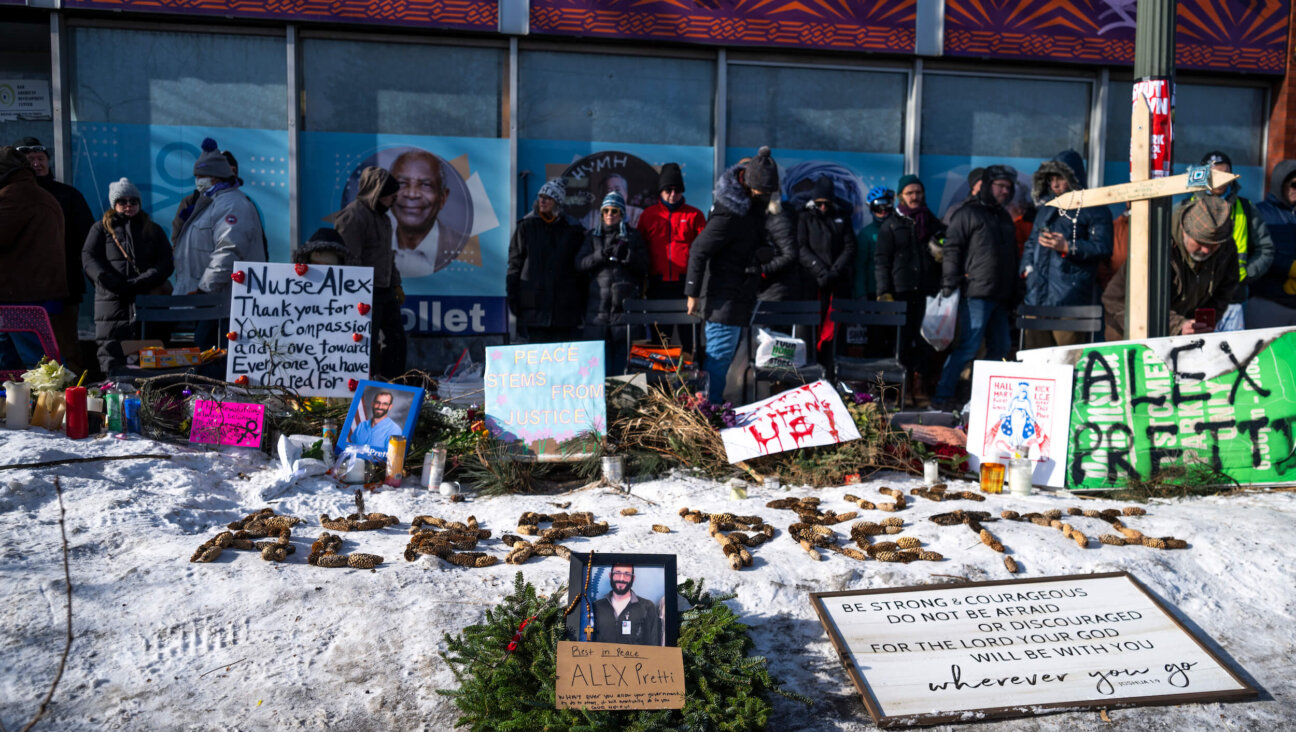Destroying Enemies, Before They Destroy Us
The decision to target Sheikh Ahmed Yassin last month was taken by the Israeli Cabinet following the double suicide bombing in Ashdod. That attack was perceived as a major step up in terror activity because it targeted a chemical storage site. Had it exploded, the devastation would have been enormous.
In response, Prime Minister Sharon explained that “it is the right of the Jewish people to hunt down those who aim to destroy them.” This is not only a right but a duty — and it is necessary both for Jewish survival and for creating better chances for a peaceful solution to the conflict. The Holocaust and many years of Arab attacks have taught Israel that survival depends on fighting back.
The aim of the Ashdod attacks and other planned bombings was to create an image of Israel as withdrawing under the pressure of terrorism. In an interview three days before his death, Yassin said, “Palestine belongs to the Arab and Muslim nation. The defeat of the Zionist enemy will begin with the withdrawal from Gaza.”
The Hamas movement is opposed to any compromise with the State of Israel and is committed to its destruction. Between October 2000 and March 2004, Hamas executed 425 terrorist attacks, murdering 377 Israelis and wounding 2,076.
Contrary to the claims made by critics of targeted killings, who argue that Israel’s assassination policy only fuels Palestinian rage and extremism, there is already evidence that the elimination of Yassin may strengthen moderate voices calling for dialogue and compromise. Following Yassin’s assassination, prominent Palestinian personalities recommended not responding to the assassination and resorting instead to nonviolent means of resistance.
The main objective of eliminating the political leadership of terrorist organizations is to warn purveyors of venom and inciters of destruction that they are not immune from the chaos they sow. Experience has shown that leaders under threat invest effort trying to save their own skins instead of mounting terrorist attacks. Israel’s assassination of Yasser Arafat’s deputy, Abu Jihad, in 1988, crippled PLO attacks. It took the Islamic Jihad organization five years to recover after its leader, Fathi Shikaki, was killed in Malta in 1995.
Some members of Israel’s political establishment question the efficacy of Israel’s action, claiming it will spur, not reduce, Palestinian terror. But terrorist attacks and attempts have never ceased. If the terrorist organizations don’t succeed, it’s for lack of capability, not motivation.
Some see Israel’s assassination policy as inherently illegitimate, arguing that we must take the moral high ground with our enemies. But this is only applicable when dialogue and compromise are possible, which is not the case with Hamas. With implacable terrorists, we have only one choice: to undermine their destructive capabilities, even if it means eliminating their leadership. In the words of the first Israeli leader to sign a peace treaty with an Arab nation, the late Menachem Begin:
Amira Schiff is a Ph.D. candidate in political science at Israel’s Bar-Ilan University.















